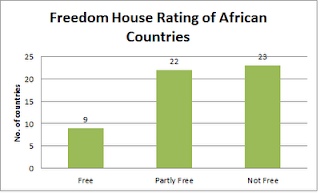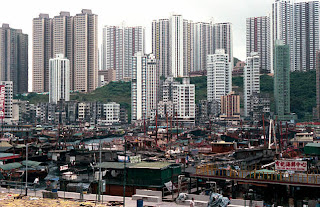Population: 738 million
Area: 10 million km2
GDP: $18.7 trillion
GDP (per capita): $25,000
Europe is difficult to review as it is a continent rather than a country. Last year when I reviewed Africa I hadn't reviewed any countries within Africa. This time I have already reviewed four European nations. Undoubtedly Europe has been at the centre of international relations for the last several centuries having owned (at different times) all of the Americas, Africa and Australasia as well as most of Asia. The future looks problematic for Europe, its facing population decline and much of its resources have already been exhausted. By 2050 Europe's population will have declined to 677 million people. Much of Mediterranean Europe is in financial chaos, pulling the rest of Europe in. But all is not lost. The EU has the world's largest economy of $17 trillion, four countries of the 10 in terms of military expenditure are in it and two have veto power in the UN. Parts of Eastern Europe are also still quite poor, which sounds bad but means there is plenty of room for European GDP to grow.
Europe can also be a model for peace and democracy. I believe that the last wars in Europe took place in the former Yugoslavia. We may finally have gotten rid of war in Europe. Freedom House 2013 reports of 46 European nations, 37 were designated free, seven were partly free and only two were not free. With several of these less free countries moving forward, Europe could be the first continent to only have democracies that are truly free.
Area: 10 million km2
GDP: $18.7 trillion
GDP (per capita): $25,000
Europe is difficult to review as it is a continent rather than a country. Last year when I reviewed Africa I hadn't reviewed any countries within Africa. This time I have already reviewed four European nations. Undoubtedly Europe has been at the centre of international relations for the last several centuries having owned (at different times) all of the Americas, Africa and Australasia as well as most of Asia. The future looks problematic for Europe, its facing population decline and much of its resources have already been exhausted. By 2050 Europe's population will have declined to 677 million people. Much of Mediterranean Europe is in financial chaos, pulling the rest of Europe in. But all is not lost. The EU has the world's largest economy of $17 trillion, four countries of the 10 in terms of military expenditure are in it and two have veto power in the UN. Parts of Eastern Europe are also still quite poor, which sounds bad but means there is plenty of room for European GDP to grow.
Europe can also be a model for peace and democracy. I believe that the last wars in Europe took place in the former Yugoslavia. We may finally have gotten rid of war in Europe. Freedom House 2013 reports of 46 European nations, 37 were designated free, seven were partly free and only two were not free. With several of these less free countries moving forward, Europe could be the first continent to only have democracies that are truly free.











